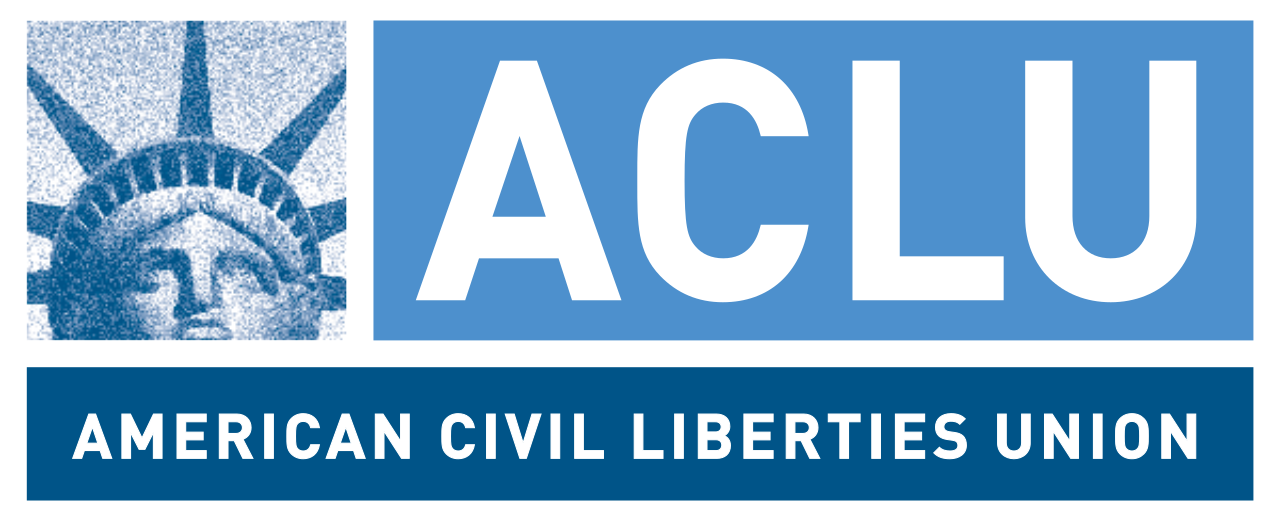Debt Collector Dirty Tricks
The Debt Collection Business
For a free copy of this article in pdf form, click here: Debt Collector Dirty Tricks
Debt Collectors
At its best, debt collection is a hard business. They’re trying to force people who are already making tough choices to make different choices. To make a person give up food or insurance to pay a bill for something that’s already come and gone is hard to do. And even when the choice isn’t quite that stark, there’s always the challenge of making someone give up what they want NOW for what they used to want THEN.
On the other hand, most people do want to pay their bills, and they feel guilty and embarrassed when they don’t. The debt collectors know and use those facts regularly. You might consider efforts to trigger those feelings “dirty tricks,” but we won’t discuss them other than in certain extreme ways the debt collectors play their cards.
Debtors
People who owe money also usually feel, and are, vulnerable to various bad things, and many of the dirtiest tricks use this fact against them. From a slightly different angle, one of the things that get people into debt trouble in the first place is hope or optimism – they overestimate what they can or will do or they look for an easy way out. This can make them easy suckers for scams, from get-rich-quick scams to get-out-of-debt scams. But what concerns us most for purposes of this article is that it causes them to overestimate what they can pay or for how long they can do it. Thus there’s a tendency for people to make agreements they can’t keep.
In this article, we’ll discuss a few of the tricks the debt collectors play to use the weaknesses of people in debt against them so that you can recognize and prepare for them. We also have a report that you can get for free that has many more of the worst of the tricks.
I have found that a lot of people come to us after doing some things that hurt their rights. Part of our mission is to protect some of those rights before they get lost or damaged. We want to catch people earlier in the debt cycle, in other words. If you give the wrong person money, it’s almost impossible to get it back.
A Few Preliminary Words
There are a few things I will say before getting into the scams and tricks. First, the Fair Debt Collection Practices Act (FDCPA) makes almost all of the tricks we discuss here illegal. But some of them are not, as we will discuss.
The FDCPA generally requires fair-dealing and honesty of the debt collectors, and it makes deception and “misleading” behaviors illegal. It also gives them certain affirmative requirements. But it applies only to “debt collectors” as that term is defined, and there is currently a lot of uncertainty about exactly what the term means and just who is a debt collector even among legitimate operators, and there are a lot of crooks out there, too.
What there is really no doubt about at all is that debt collectors, whether they are within the definition of the FDCPA or not, will do almost anything to get your money. You know that. We can only list and describe a relatively few of their tricks, but you need to develop the habit of extreme caution and skepticism towards anybody who’s trying to get you to give them some money. You need PROOF of every aspect of what they’re saying, because, as we all know, paying the wrong person a bill we really owe doesn’t do any good at all – it just means we’re going to double-pay.
No legitimate debt collector will require you to act immediately the first time you hear from them. Don’t let them hurry you into lowering your standards of proof – that’s the key to all of their other tricks.
A Few of Their Tricks
The tricks here are only a few of what they have come up with, and they will constantly be coming up with more. These are merely examples. The tricks don’t all have formal names, but I have given them names to make them easier to remember.
Asking for Post-dated Checks
Sometimes a debt collector will urge you to send a post-dated check. That is, a check with a date on it that’s different than the actual date. You think the money will be there in a week, so you write the check for next week.
Debt collectors love to get you to do this. Why?
There are some legitimate reasons, and this isn’t always a scam or dirty trick. It is a fact that people get busy, have second thoughts, or simply change their minds – especially when it comes to paying money for something that doesn’t bring them pleasure. A debt collector has a legitimate interest, assuming the debt is valid and the collector is honest (which you should almost never do), in getting your money before any of that happens. He or she has talked you into doing something, and he doesn’t want it to come undone as soon as you hang up. A post-dated check is a good way to make your intention stick.
The problem is that you cannot trust the debt collector, yourself, or the world around you with this.
You can’t trust the debt collector because most debt collectors will say anything that comes to mind to get you to do what they want. They are under intense pressure to perform, and to perform quickly. Therefore, chances are good that the debt collector will not remember – and not even try to remember – that your check is post-dated check. That will be forgotten before you hang up.
So even if by chance your check goes to the debt collector who called you, she will put the check in the pile to go to the bank immediately. And it isn’t likely the person who called you will see the check – it will automatically go out for payment when it arrives in the office.
And you can’t even trust yourself on this. If you were just trying to get the debt collector to go away, or if you made a slight miscalculation, or if something unforeseen happens – as so often happens – you will be in trouble.
Attempt to Collect from Relatives of the Dead
With few exceptions, a parent or spouse’s debts do NOT transfer to anyone else. A deceased’s debts are claims against the decedent’s estate. That means, if there’s a will, that any claimants will have to make a claim against the estate in probate. If for some reason that doesn’t happen, then in some situations the “residuary” beneficiary of the will might be liable.
If the will says, “I leave $100 to Mary and the rest to John,” John is the residuary beneficiary, and John might under some circumstances be liable for a debt. But of course it almost never happens because the creditor would have to prove a variety of things that aren’t easy to prove. Most debt collectors want nothing to do with that. They’d rather try to get you to pay.
All you need to know is that if a debt collector is asking you to pay someone else’s bills it’s probably a scam.
Debt collectors know most people do not know the law and have never thought they might owe someone else’s bills. People who are grieving are less likely to question or oppose someone who asserts that they owe something. In other words, this scam requires catching you at a vulnerable time and taking advantage of it.
The FBI’s After You
In this scam, someone calls you up “from Washington” (or wherever) to let you know you’ve been implicated in some vague crime or misdeed. They’ve tried this one on me a couple of times, as a matter of fact, only the person was supposedly calling from the Social Security Administration to tell me my account had been “frozen” because someone was using the number to launder money.
The agent spoke fast and had a number to call for verification, but things were close to a boiling point. I was supposed to act quickly or expect the FBI to show up within the next day, or possibly hours. Of course the first thing I had to do was verify a few numbers for them…
This is obviously a criminal scam, with only the barest pretense at being debt collection when there is one – sometimes the threat is that agents are on the way to pick you up for non-payment of some debt, or whatever. The critical features are the urgency, the authority, and the threat.
The people doing this one are clearly not legitimate debt collectors, they’re criminals, but it may show up as a debt collection, and chances are good you’ve been targeted because of some perceived vulnerability. Tell these guys to take a hike.
There’s more in the report
You will find many more examples of debt collector dirty tricks in our free Bestiary of Debt Collector Dirty Tricks. You can find that by clicking here: https://yourlegallegup.com/blog/debt-collector-dirty-tricks/.




